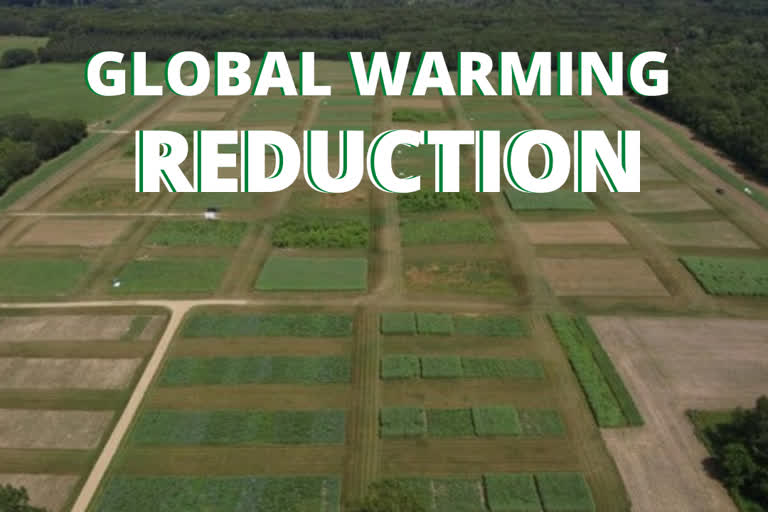Beer-Sheva (Israel): Biomass fuels derived from various grasses could significantly mitigate global warming by reducing carbon, according to a long-term field study by a group of researchers.
In a recent paper published in Environmental Science and Technology, the researchers from Ben-Gurion University of the Negev (BGU) and Michigan State University (MSU), examined several different cellulosic biofuel crops to test their potential as a petroleum alternative in ethanol fuel and electric light-duty vehicles including passenger cars and small trucks.
Climate change mitigation scenarios limiting global temperature increase to 1.5 degree Celsius rely on decarbonizing vehicle fuel with bioenergy production together with carbon capture and storage (BECCS).
Carbon Capture and Storage (CCS) is a technology that can capture up to 90 per cent of the carbon dioxide (CO2) emitted during electricity generation and industrial processes which prevents an atmospheric increase of CO2 concentration.
This research, for the first time, evaluates bioenergy feedstocks grown side-by-side. The seven crops included switchgrass, giant miscanthus, poplar trees, maize residuals, restored native prairie and a combination of grasses and vegetation that grows spontaneously following field abandonment.
"Every crop we tested had a very significant mitigation capacity despite being grown on very different soils and under natural climate variability," says Dr Ilya Gelfand, of the BGU French Associates Institute for Agriculture and Biotechnology of Drylands, The Jacob Blaustein Institutes for Desert Research.
"These crops could provide a very significant portion of the decarbonisation of US light-duty vehicle transport to curb CO2 emissions and slow global warming."
Read Also:ISS astronauts grow earth-like fresh lettuce in space
